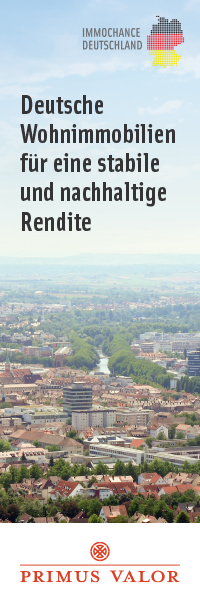
Direkt aus Brasilien für antizyklische Investoren der Kommentar des FondsManagements des Nordea-1 Brazilian Equity Fund für den Monat März. Das Management des Fonds direkt vor Ort berichtet mit lokalem Know-How über den Verlauf des Fonds im Monat März. International. Individuell.
Please find our comments below:
The performance this quarter was impacted by losses in commodity companies’ shares. Market concerns related to credit and the increase in steel inventories in China, coupled with the recent appreciation of the Real, a consequence of weak activity data in the U.S., overthrew mining, steel and other commodity stocks. Despite the volatility generated by these events, we continue to believe in the acceleration of the U.S. economy (in our view, the negative data are temporary and were influenced by the harsh winter) and that China has necessary tools to deal … … with any credit events and instruments to achieve their goals for change in the growth model in the long run.
Finally, more recently, the crisis in the electric sector in Brazil (which we were monitoring for quite some time, but just became more prevalent after the drought in Jan / Feb), put even more pressure on the already battered economy. The addition of this new factor in the equation makes the fundamentals even worse, mainly by lowering country´s potential growth. Hence, we decided to reduce the net exposure of the portfolio in February, primarily through selling stocks of energy and commodity sectors (mainly in Vale).
The defensive profile of our portfolio in a strong bull market correction in March explains most of the underperformance. We do not see improvements in the current fundamentals of the Brazilian economy or business environment which could justify the recent appreciation of the stocks. We believe that this movement was a result of the reduction in the discount rate required by the market in risky assets, facing an increasing chance of change in current economic policy in Brazil, which could take the country out of the path of macroeconomic deterioration, this already priced in assets. We forecasted this possibility since the end of 2013, but did not expect such anticipation for the first quarter of the year.
We believe that any assumption about the election result is premature. Accordingly, we prefer to maintain prudence in our analysis of the scenario and composition of our portfolio, but we recognize that qualitative data recently published indicates deterioration in the popularity of the current government and should result in a highly contested presidential election.
We are still positioned in high quality companies, with good potential appreciation and sectors resilient results, because we understand that the reversal of this situation of high inflation and low economic growth requires a deceleration of demand for some time. We see great opportunities in sectors whose results remain strong, even in this weaker activity scenario, such as Education (Ser Educational and Estacio) and Financial Services (BB Security and Cetip). Others, whose shares are trading at historically low multiples, such as in Commodities sectors, especially Pulp and Paper (Suzano) and Consumer Goods (Natura and AmBev). Furthermore, we prefer to maintain liquid portfolios that allow us to act quickly and without impacting the portfolio.
The definition, in coming months, of events that now generate uncertainties and increase the premium required by the market will “unlock” the market. We are aware about these events in order to capture this movement in the best possible way.







